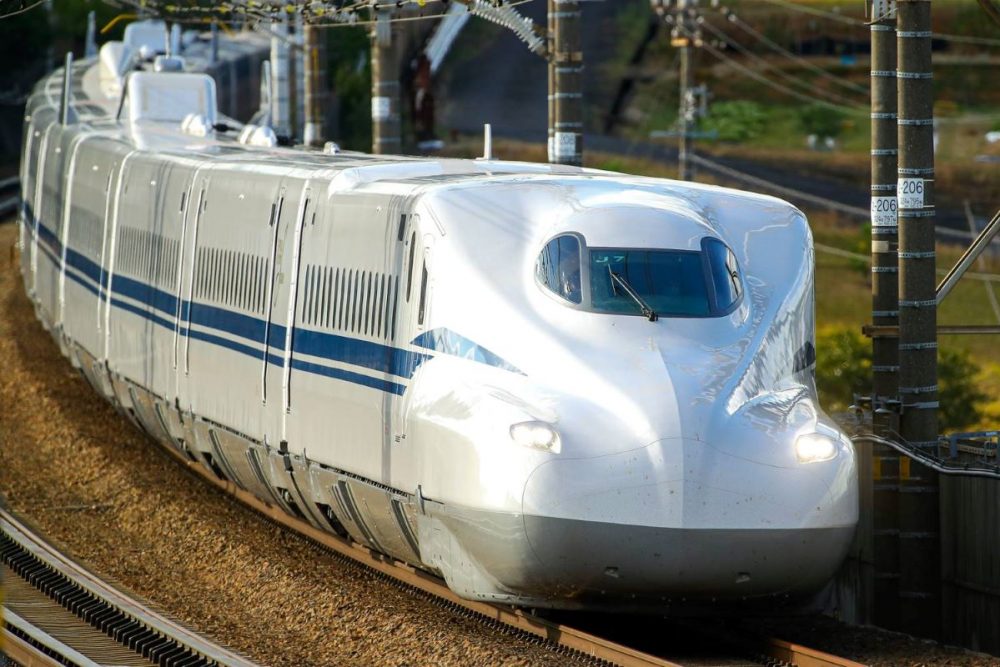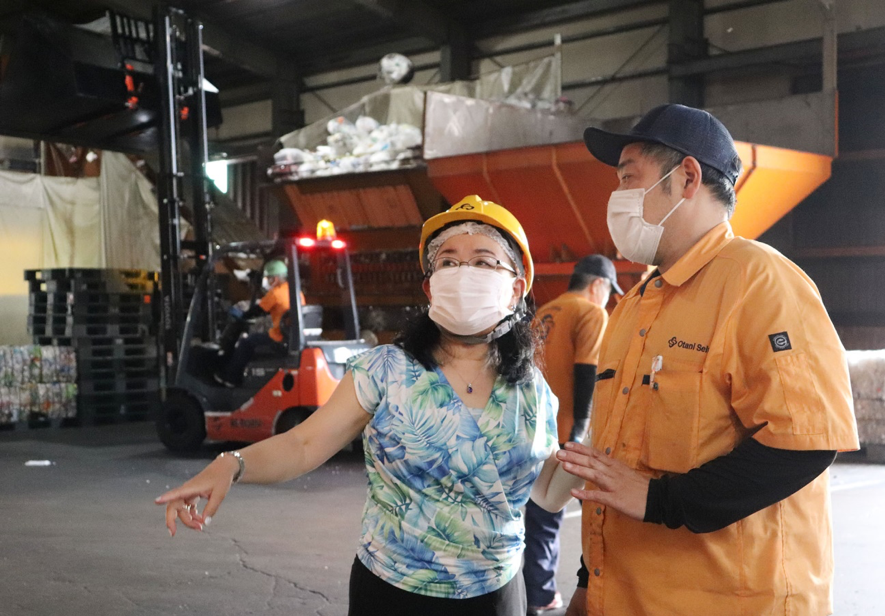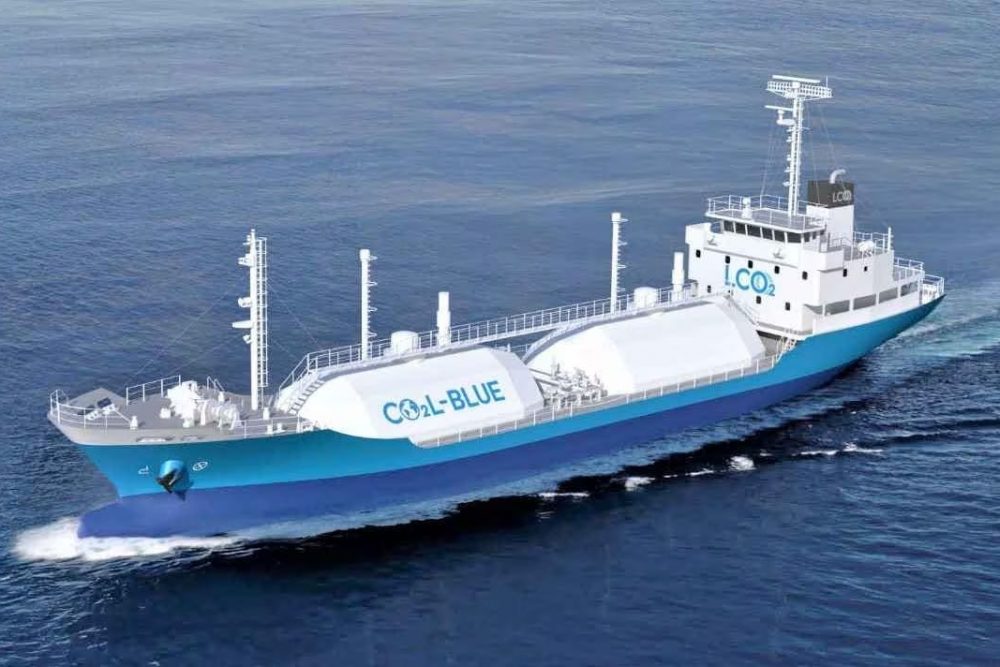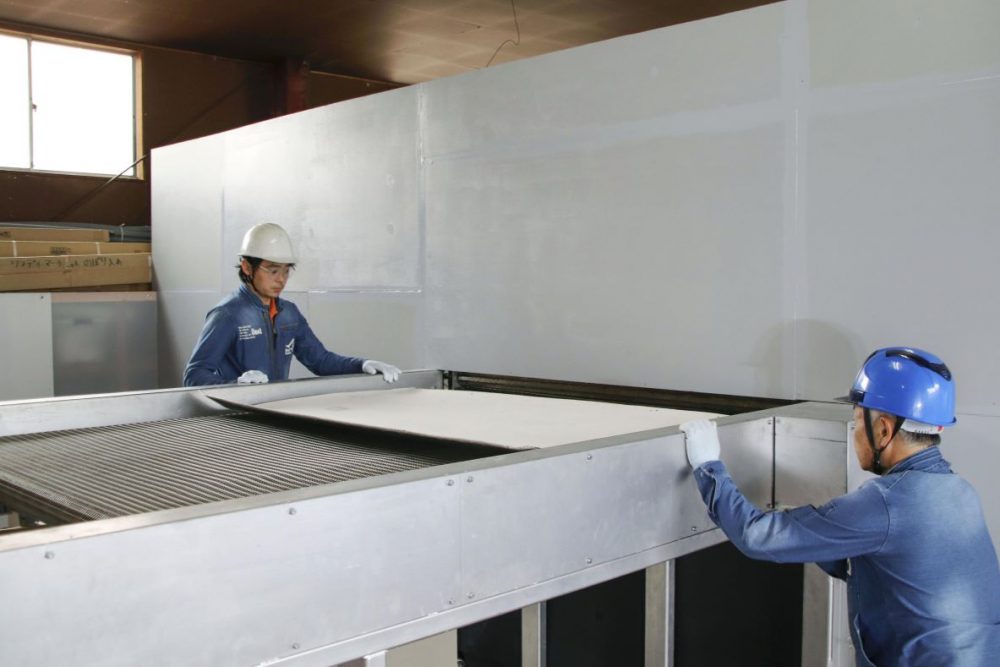Scorching Heat Pushes Food Prices Up as Harvests and Production Decline
The scorching heat is leaving vegetable, dairy and fish farmers struggling with unprecedented challenges and driving up prices that could hit consumers hard.
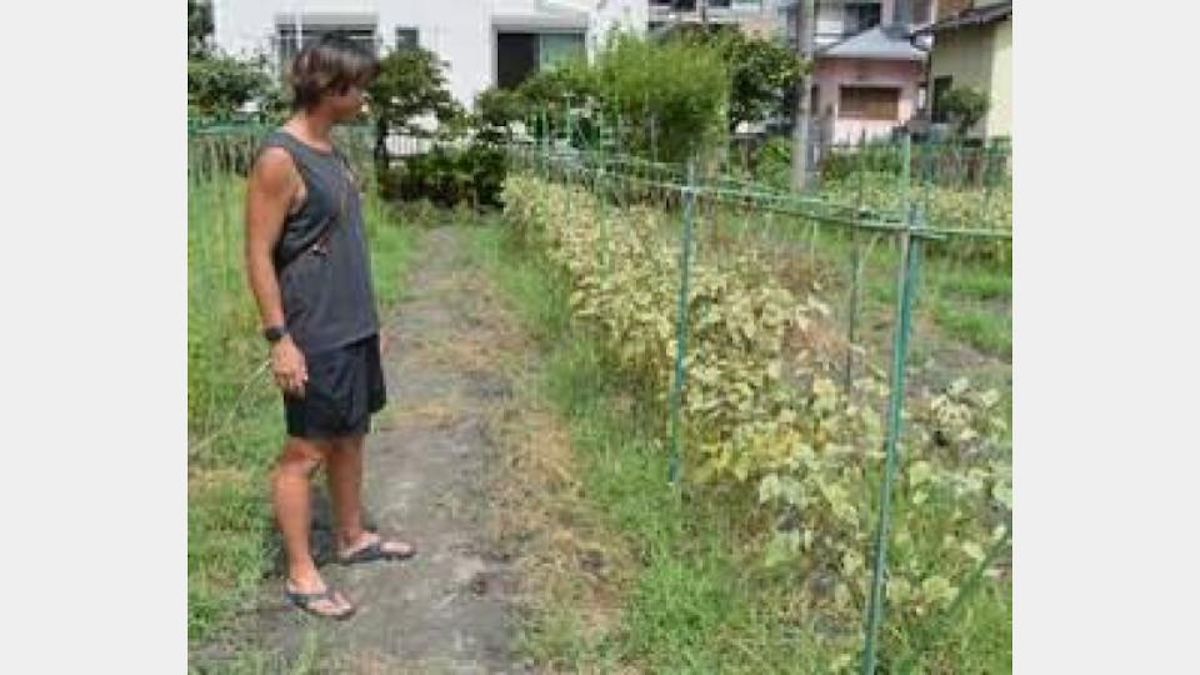
このページを 日本語 で読む
The record-breaking scorching heat could lead to spikes in food prices that hit consumers hard. High temperatures are resulting in lower production at vegetable, dairy, and fish farms alike.
Bad Harvests
"We are only shipping out about one-tenth of our usual volume," reported the owner of the Naranja Farm in Shizuoka City.
The intense heat has severely affected the growth of the farm's summer vegetables like bell peppers, eggplants, and tomatoes. Harvest yields are down significantly. "From next year, we'll need to start growing crops about two months earlier to avoid the heat," he added.
In the adjacent city of Yaizu, the Miwa Farm is facing similar difficulties. "Our shipments of eggplant have dropped by 30-50% compared to normal years. We haven't shipped out much okra at all," said a representative. Eggplants require a lot of water to grow, and there has been a lack of rain this summer. The result is dry, hardened vegetables that cannot be sold.
These poor growth conditions are affecting retail prices too according to Tagoju, a supermarket chain in Shizuoka Prefecture. "Vegetables like eggplants, bell peppers, and cucumbers are in short supply, and prices are rising," said a representative.
Dairy and Fish Farms Take a Hit
In Chiba Prefecture, one of Japan's leading dairy regions, the extreme heat is putting extra pressure on dairy farmers who are already struggling with rising production costs like feed and electricity. Dairy cows are particularly vulnerable to heat.
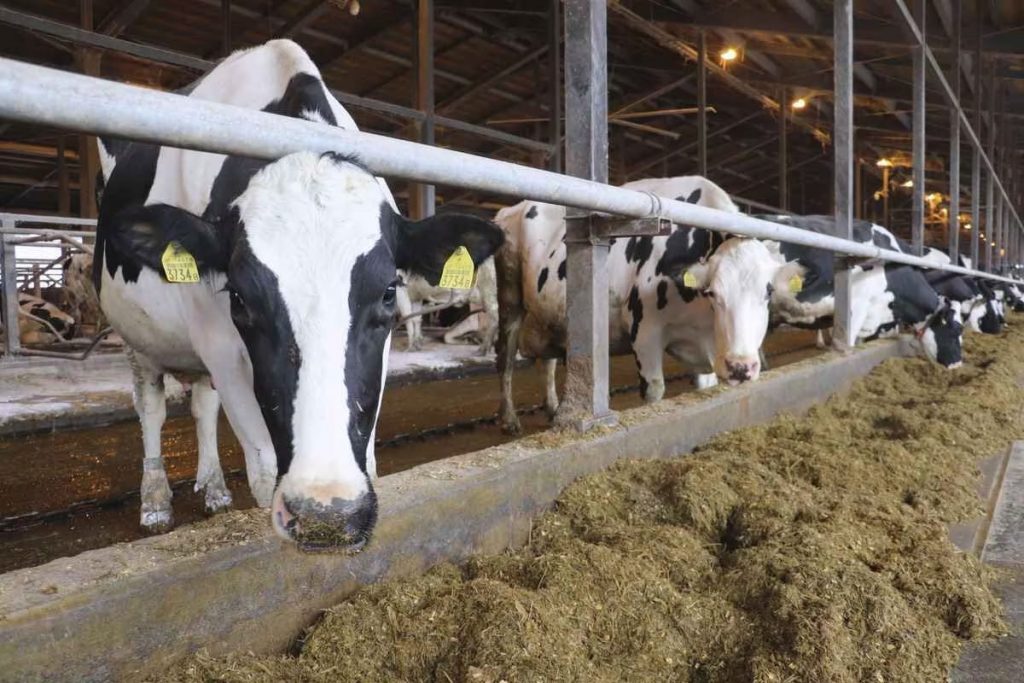
According to the prefecture's federation of dairy cooperatives, the average daily milk production across the prefecture in June 2024 was 521 tons. This figure was higher than that of June 2023. But in July, production dropped to 467 tons. The trend continued in August when volume further decreased to 434 tons.
While production typically decreases some in the summer, such a drastic decline is unprecedented. "Some cows have fallen ill due to the heat and are not expected to recover, raising concerns about future operations," said a federation spokesperson.
The aquaculture industry is also feeling the effects. Sukumo Bay in Kochi Prefecture is known for farming fish like yellowtail and sea bream. Some fish farmers have experienced mass die-offs of yellowtail that were expected to be mature and ready for shipment in mid-August. Seawater temperature has remained higher than usual since July due to the extended heat wave.
The Sukumo Bay Fishery Cooperative is urging farmers to refrain from shipping for the time being. Before fish are shipped out, they are moved to shallow areas, which could explain the death of so many fish. "We have no choice but to wait until the heat subsides and the water temperature drops," lamented a representative.
このページを 日本語 で読む








